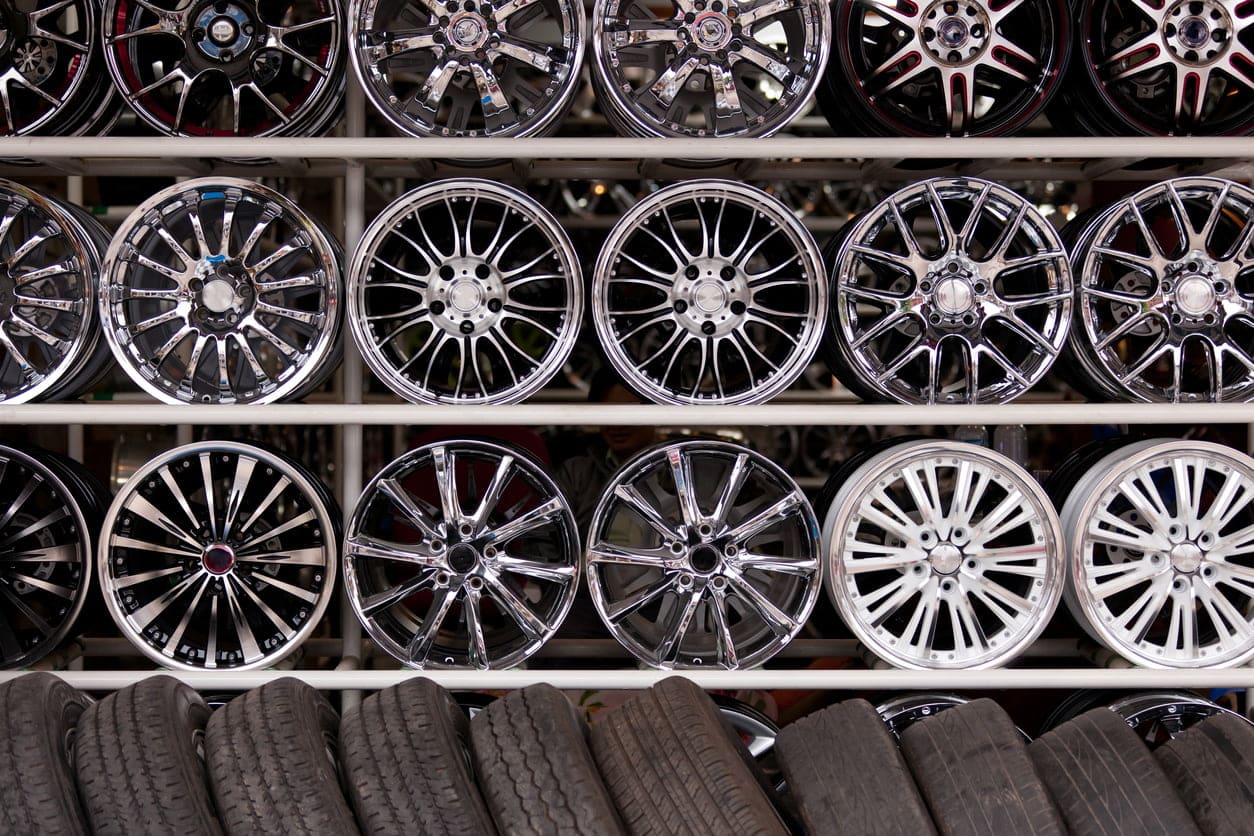
Alloy wheels are a popular choice for car enthusiasts due to their sleek, modern appearance and superior performance. However, maintaining their shiny, polished look requires regular care and attention. Alloy wheels are exposed to various alloys harsh conditions such as dirt, brake dust, road salt, and debris, all of which can damage their finish over time. To keep your alloy wheels looking as good as new, it’s essential to adopt a proper maintenance routine. In this article, we’ll guide you through the best practices to maintain your alloy wheels, ensuring they stay shiny and free from damage.
- Regular Cleaning and Removing Brake Dust
One of the main challenges in maintaining alloy wheels is the buildup of brake dust. Brake dust, which is a combination of metal particles and carbon, can accumulate on your wheels over time and cause corrosion or staining if left unchecked. To avoid this, clean your alloy wheels regularly using a gentle wheel cleaner designed for alloy surfaces. Avoid using harsh chemicals, as they can damage the finish. Begin by rinsing the wheels with water to remove loose dirt and debris, then apply the wheel cleaner and use a soft-bristled brush to scrub the surface. Pay close attention to the areas around the wheel spokes, where brake dust tends to accumulate. Cleaning your wheels at least once a week will help prevent the buildup of brake dust, ensuring they maintain their shine.
- Polishing and Waxing Your Alloy Wheels
After cleaning your alloy wheels, polishing them will help restore their glossy finish and protect them from contaminants. Polishing removes light surface imperfections, such as scratches or oxidation, and adds a protective layer to the wheels. Use a non-abrasive alloy wheel polish that is specifically formulated for your wheel’s finish, whether it’s matte, gloss, or chrome. Apply the polish with a soft microfiber cloth, working in circular motions to cover the entire surface. Once the polish has dried, buff the wheels gently to reveal a shiny, smooth surface. For added protection, applying a layer of high-quality wax after polishing is recommended. Wheel wax creates a protective barrier that repels dirt, brake dust, and water, keeping your wheels looking cleaner for longer and making future cleaning easier.
- Protecting against Corrosion and Damage
Alloy wheels, while durable, are susceptible to corrosion, especially when exposed to road salts, water, or harsh weather conditions. To protect your wheels from corrosion, ensure that you wash them thoroughly after driving in areas with heavy rainfall or snow, as road salts and moisture can cause rust and deterioration. If your wheels show signs of oxidation or minor corrosion, it’s essential to address the issue immediately to prevent further damage. Applying a protective sealant or ceramic coating to your alloy wheels will create an invisible barrier that helps prevent corrosion. These protective coatings are designed to protect the surface from harsh elements and maintain a glossy finish, keeping your wheels looking new for longer.
- Avoiding Scratches and Damage from Potholes
Alloy wheels are more prone to cosmetic damage, such as scratches, scuffs, and dents, than steel wheels. While they are strong and durable, rough driving conditions, like hitting potholes or curbs, can cause lasting damage to their appearance. To avoid scratches or dents, take care when parking, particularly when maneuvering close to curbs. If you do encounter minor scrapes or scuffs, it’s important to address them promptly before they worsen. You can use a mild abrasive compound to gently buff out minor scratches or take your wheels to a professional for more significant repairs. Regularly inspecting your alloy wheels for damage will help ensure that any issues are addressed early, keeping the finish intact.
- Seasonal Care and Storage Tips
During the winter months, alloy wheels are at a higher risk of damage due to the exposure to road salts, moisture, and snow. To protect your wheels, consider applying a protective coating before winter sets in. This will help shield the surface from the harsh elements. If you live in an area with heavy snowfall, it’s a good idea to wash your wheels more frequently during the winter season to remove salt and prevent corrosion. If you plan to store your car for an extended period, it’s best to remove the alloy wheels and store them in a dry, cool place away from direct sunlight. Before storing, ensure that the wheels are thoroughly cleaned and polished to prevent dirt buildup and oxidation during the storage period.
Conclusion
Maintaining your alloy wheels for a sleek, shiny finish requires consistent cleaning, protection, and care. Regular cleaning to remove brake dust, polishing and waxing for a glossy shine, and applying protective coatings for corrosion resistance will help keep your wheels looking new for years to come. Avoiding scratches and damage from rough driving conditions and taking extra care during the winter months will also extend the lifespan of your alloy wheels. By following these simple maintenance steps, you can ensure that your alloy wheels remain in excellent condition, maintaining both the aesthetic appeal and performance benefits they provide to your vehicle.